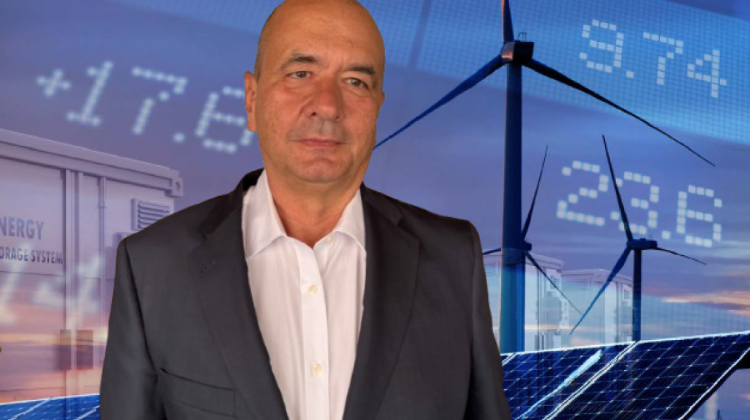FES Iberia 2025 has established itself as one of the year’s key gatherings for the solar industry, particularly at a time of plummeting prices, grid saturation and regulatory pressure. In this context, Yingli Solar unveiled a clear roadmap to navigate the uncertainty affecting the Iberian PV market.
“We are facing a hypercompetitive market where price comes before any other feature,” stated Luis Contreras, Managing Director of Yingli Solar, during the panel of industry leaders at the Future Energy Summit.
The executive explained that global photovoltaic module production capacity currently doubles international demand, putting intense pressure on manufacturers’ margins and accelerating the need for technical differentiation.
Committing to high-efficiency technology
“As a PV manufacturer, we always work with a clear equation: euro per watt-peak,” Contreras explained. This means reducing costs through optimised manufacturing processes while boosting module power output to maximise generation per installed surface area.
Yingli Solar is strongly committed to N-Type technology, particularly the Topcon variant, as its competitive value driver. “We offer the market an N-Type cell with around 23.5% efficiency,” he noted. And a step forward is already underway: “We’ve launched an upgrade with 24.1% efficiency, with modules reaching up to 650 watt-peak.”
These advancements deliver notable benefits: higher bifaciality, lower degradation rates, resilience to extreme climate conditions and extended durability—all essential factors in evaluating LCOE. In Contreras’s words: “This module is better suited to Spain’s diverse geography and topography.”
A full-service approach across the project lifecycle
However, Contreras stressed that technology alone is not enough to sustain profitability. Yingli complements its approach with two additional pillars: full-service support and financial sustainability.
From an operational standpoint, the company commits to clients from the early stages through to post-sale. “We support our clients from the preliminary design phase, through supply and operation, and throughout the full lifecycle of the project,” he said. This model aims to provide a seamless, flexible and customised experience.
Bankability and sustainability as pillars of trust
Financially, Contreras emphasised an increasingly relevant point for investors: bankability. “We maintain strong financial health to mitigate the risks our clients might face in securing project finance,” he noted. “We aim to be a company that can genuinely back the 30-year warranties we commit to on paper.”
One of the key issues raised during the panel was the growing pressure from clients and financial institutions around quality standards, supply chain traceability and ESG compliance. For Contreras, this is a necessary and positive evolution for the sector: “Quality is essential. Traceability and ESG policies are helping bring order to the industry,” he added.
A strategic outlook amid market uncertainty
In a context where Chinese technologists are sometimes perceived as threats, Contreras pushes back on such views. In previous interviews, he has pointed out that many market players “do not see Chinese technologists as allies, but rather as a threat, which generates uncertainty.” His presence at FES Iberia 2025 aimed to challenge that narrative by showcasing a value proposition rooted in innovation, reliability and close client relationships.
With over 25 years of industry experience and more than 80 GW installed worldwide, Yingli Solar is no newcomer. “We’ve been manufacturing N-Type technology since 2009,” recalled Contreras, highlighting how that accumulated expertise enables them to navigate turbulent markets with resilience.
Quality and added value as the only viable path
While the Spanish market is currently experiencing a slowdown and looking for new niches—such as industrial self-consumption or integration with storage—Yingli is doubling down on specialisation.
“Service, sustainability and technology”: these are the three pillars that summarise the company’s strategy to remain competitive in a red ocean, whereas Contreras warns, quality and added value are the only viable way forward in an unsustainable price race.





























